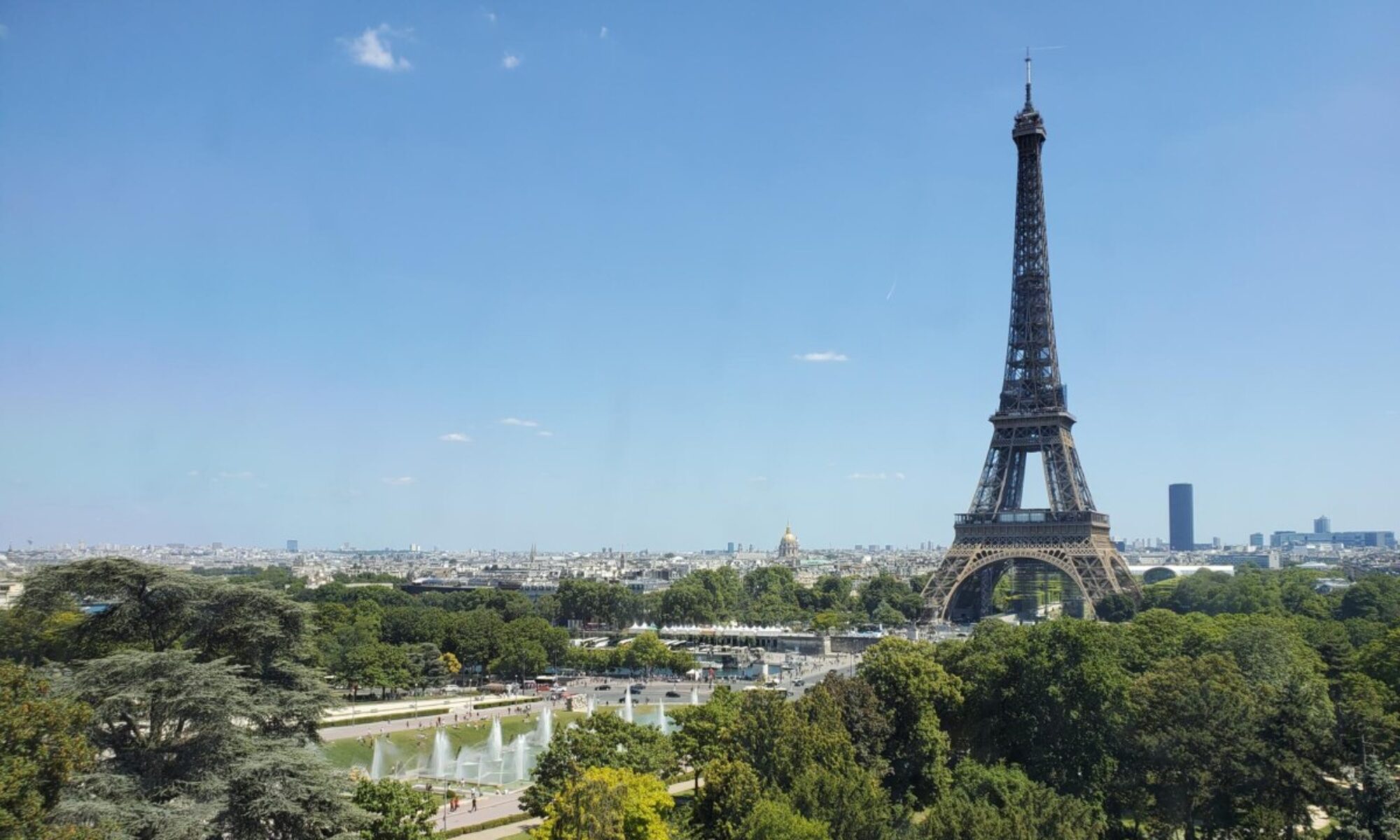
As my fingers dance across the ebony board, I find myself lost in the music. After years of practice, patience, and attention I stand in front of my friends, family, and teacher ready to present my final work—my senior recital. For me, this performance was my swan song and the end of a 13 yearlong journey playing the violin. Thus, when my bow hit the strings, I fell into my music and clung onto every single, last moment of my concerto. When my bow finally fell to my side at the end of the song, I could hardly remember what had just happened. All I could feel was euphoria.

Now, standing in front of the grave of one of my favorite composers, Fredric Chopin, I find myself thinking back on my musical education. The journey to that moment wasn’t easy at all. Often I was angry, frustrated and disappointed with my abilities. Yet, something had kept me going. What was in the notes that Mr. Chopin had spun that kept a young kid from New Jersey up at night trying to perfect the composer’s music, style, and message?
As an NBB student at Emory, I have often learned about how different stimuli in our youth can affect the organization of our brain as well as stimulate different parts of the brain. Looking at Chopin’s grave, I wondered what pathways Chopin’s and other composers’ work stimulated in the brain. Reading Menon et al.’s article on “The rewards of music listening: Response and physiological connectivity of the mesolimbic system,” I was able to explore this question (https://med.stanford.edu/content/dam/sm/scsnl/documents/Menon_The_Rewards_05.pdf).
I found, through the paper, information about the concept of “musical cognition” and the underlying ways our brain emotional responds to music. The paper played music for people in a fMRI machine (a fancy camera) to take pictures of areas of our brain that respond to music in our brain. They found that music activates the parts of our brain that are associated with reward processing such as the nucleus accumbens (NAc) and the ventral tegmental area (VTA). These areas stuck out to immediately to me because in an NBB class I learned that they release “dopamine” in our brain and make us feel happy. This was cool to me because it proved music, just like a drug, could elevate our mood and make us feel better. As a researcher in a depression research lab, this information impacted me as it could be a better alternative for people than taking potentially harmful chemicals.

